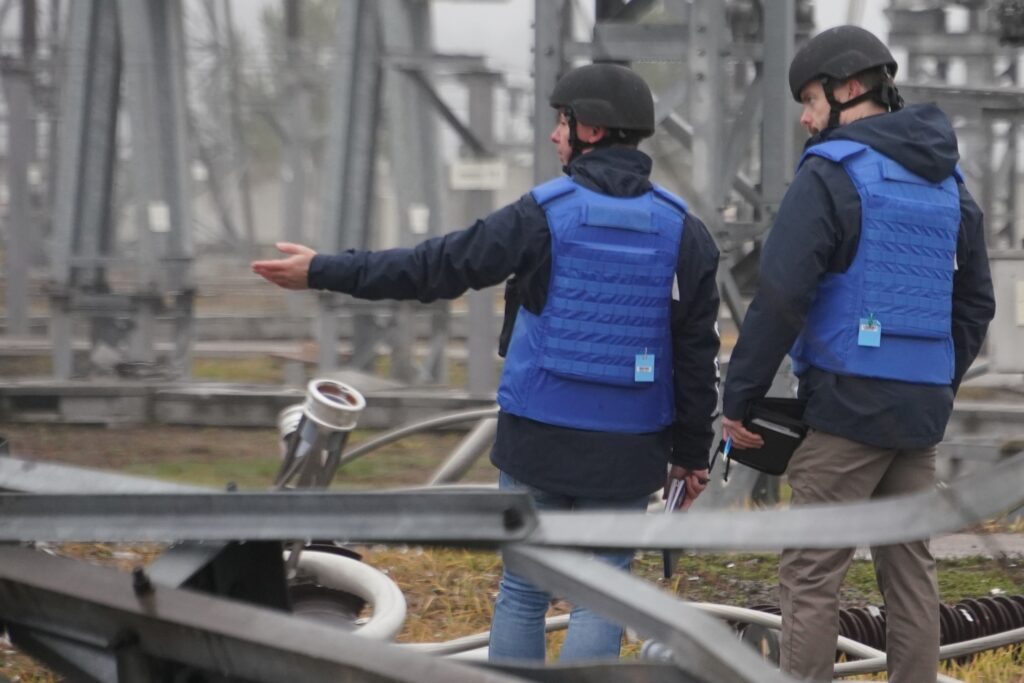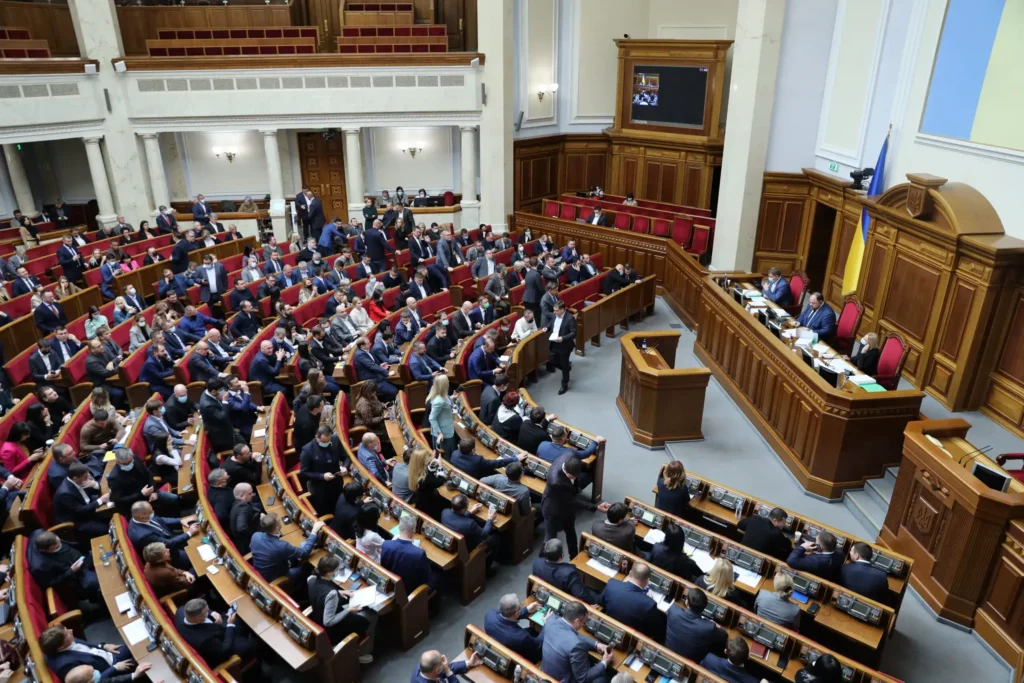Trump exempts Hungary from sanctions on Russian oil and gas supplies for a year
8 November 2025 16:16
Hungarian Prime Minister Viktor Orban said that following talks in Washington, D.C., U.S. President Donald Trump agreed to lift sanctions on the country for buying Russian oil and gas.
“Hungary will maintain low energy prices. We have received an exemption from sanctions on the Druzhba and Turkish Stream pipelines,” Orban told reporters (quoted by Telex ), "Komersant Ukrainian" reports.
However, an AFP source in the White House said that the exception was granted for only one year. This information was confirmed by a BBC source in the US administration. According to a senior U.S. official who spoke to AFP, Hungary has committed to purchase about $600 million (€558 million) worth of liquefied natural gas from the United States as part of the agreement.
Orban also said that Budapest had agreed to purchase nuclear fuel from Westinghouse. According to him, this will open up the possibility of building small modular reactors in the country. In addition, the U.S. side will provide Hungary with spent nuclear fuel storage technologies.
According to Orban, the US sanctions on the construction of the Paks-2 nuclear power plant will be completely lifted. At the same time, no agreement has been reached on renewing the double taxation treaty between the two countries.
During his meeting with the Hungarian prime minister, Donald Trump said that he was ready to allow Hungary to continue purchasing Russian energy resources despite the sanctions restrictions. He explained that the country is landlocked and, as a result, has limited opportunities for alternative oil and gas supplies.
In October, the United States imposed sanctions on Russia’s largest oil companies, Rosneft and Lukoil, in response to Moscow’s refusal to end the war in Ukraine. States and companies that continue to buy oil from them are under the threat of secondary sanctions. Against this backdrop, Orban sought an exception for Hungary, citing the country’s critical dependence on Russian energy resources.
According to the CREA think tank, Hungary and Slovakia are the only EU countries that continue to import Russian oil. In September, they received 311 million euros worth of raw materials through the Druzhba pipeline, of which 53% (166 million euros) went to Hungary and 47% (145 million euros) to Slovakia. At the same time, while the share of Russian oil in EU imports decreased from 26% in 2021 to 3% in 2024, in Hungary it increased from 61% to 86%. Slovakia is completely dependent on supplies from Russia.









